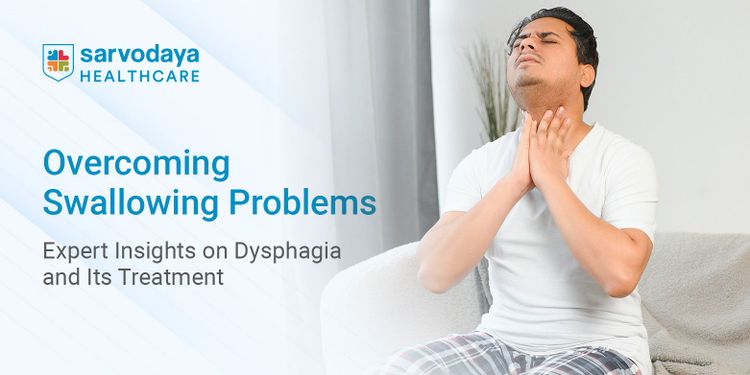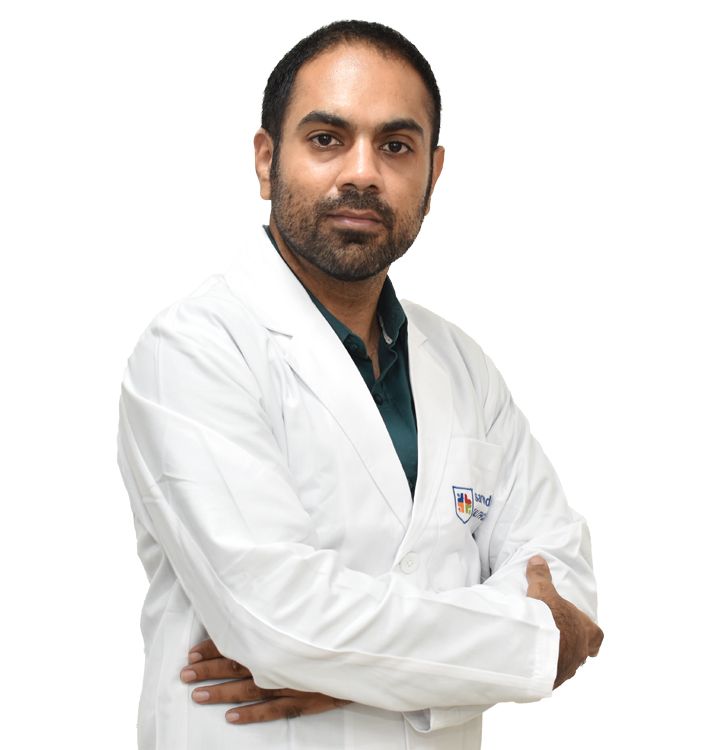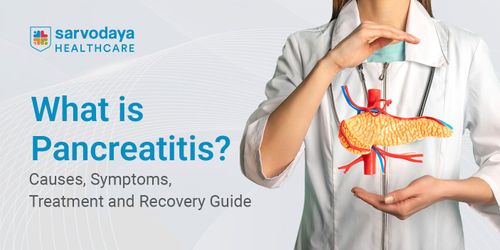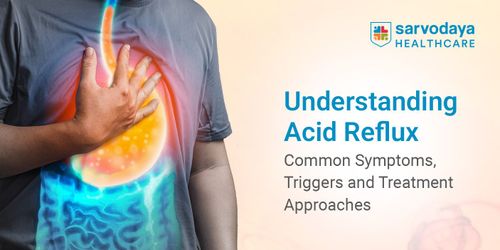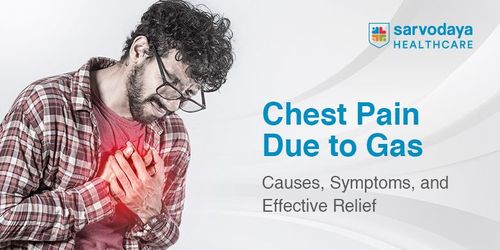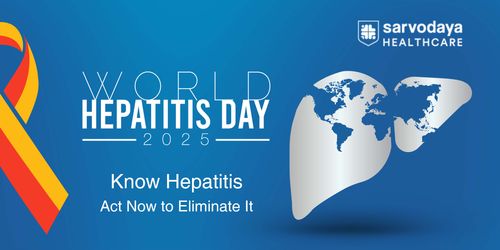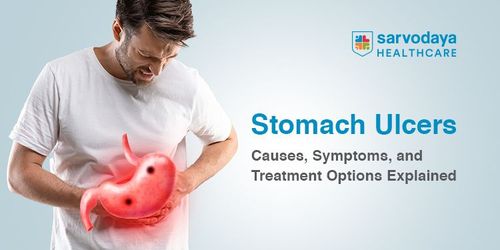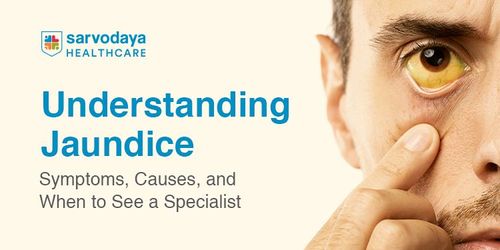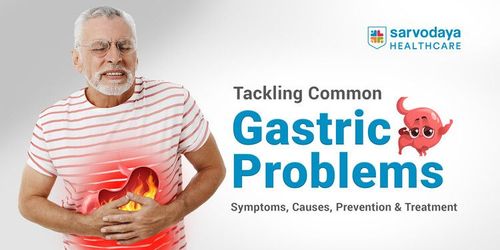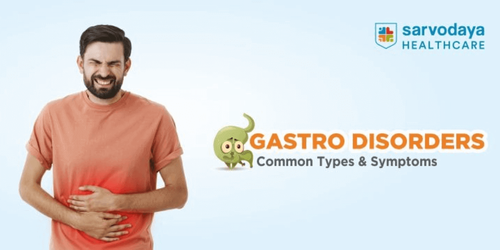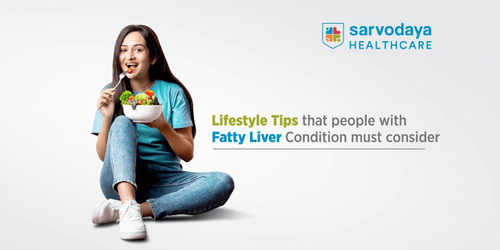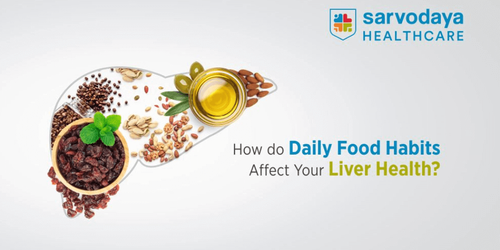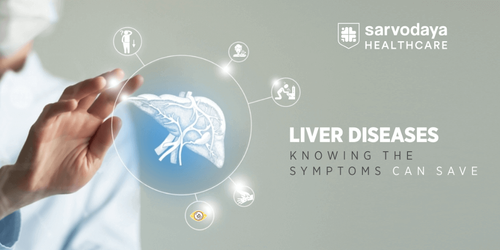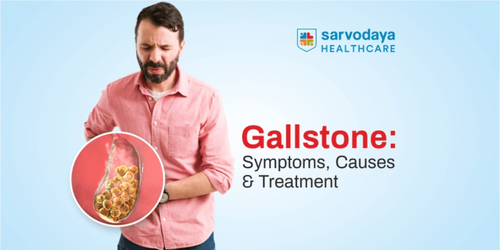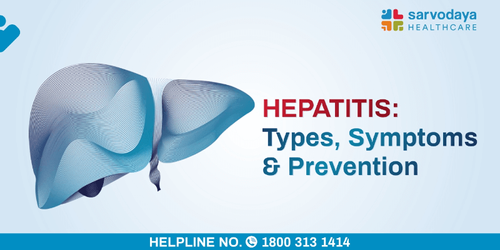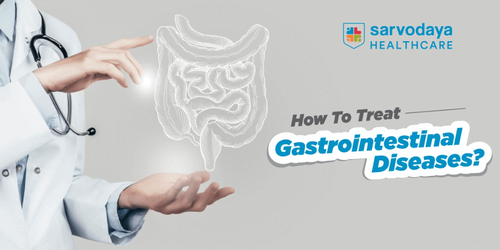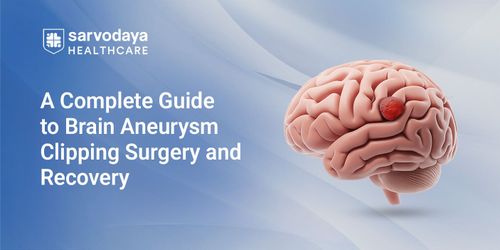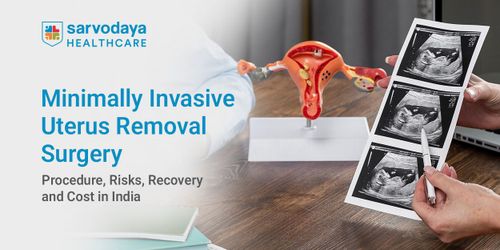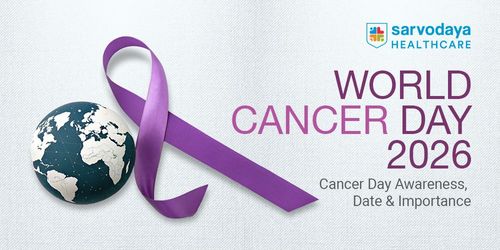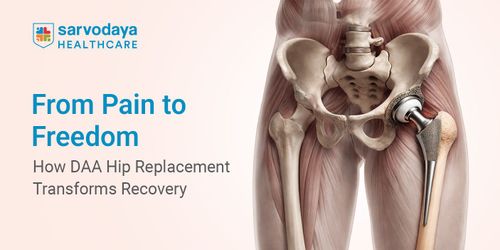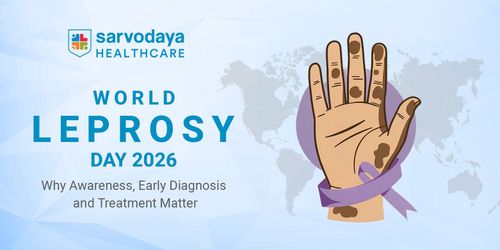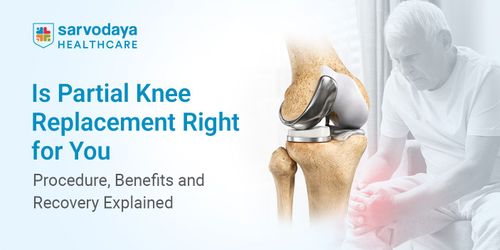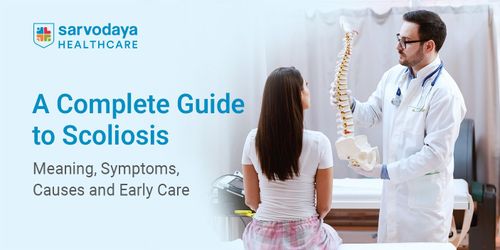Experiencing difficulty in swallowing food or liquids can be alarming and uncomfortable. Dysphagia affects one’s ability to eat and drink and can lead to poor nutrition, dehydration, and emotional distress over time. If ignored, it can significantly impact one’s quality of life and overall health.
In this blog, we discuss what dysphagia is, the underlying causes of dysphagia, the symptoms of dysphagia, and various dysphagia treatment options available today.
Understanding Dysphagia
In dysphagia, a person experiences persistent difficulty or pain while swallowing. It is not merely a symptom of ageing or occasional discomfort; it is a medical condition that can arise from problems in the mouth, throat, or oesophagus (the tube that carries food to the stomach). Swallowing problems can be temporary, but when they persist or worsen, they require medical evaluation.
There are two main types of dysphagia:
- Oropharyngeal Dysphagia: Occurs when food does not move from the mouth to the upper throat. It is often linked to neurological conditions such as stroke or Parkinson’s disease.
- Oesophageal Dysphagia: Happens when food or liquid has difficulty passing down the oesophagus due to blockages, inflammation, or muscle weakness.
Causes of Dysphagia
This condition can stem from a wide range of issues, from muscular disorders to structural blockages or neurological diseases.
Below are some of the most common reasons people experience swallowing problems:
- Neurological Disorders: Conditions like stroke, multiple sclerosis, or Parkinson’s disease can interfere with the nerves that control the muscles, leading to difficulty in swallowing.
- Muscle Weakness or Spasms: Disorders that weaken or stiffen the muscles of the throat or oesophagus can make it hard to pass food smoothly into the stomach.
- Obstructions or Growths: Tumours, polyps, or strictures (narrowing of the oesophagus) can obstruct the pathway, causing discomfort and swallowing problems.
- Gastro-oesophageal Reflux Disease (GERD): Chronic acid reflux can cause inflammation and scarring in the oesophagus, making swallowing painful and difficult.
- Age-Related Changes: As people age, natural muscle tone decreases, and the swallowing reflex becomes weaker, increasing the likelihood of dysphagia.
- Infections and Inflammation: Certain infections or allergic reactions may temporarily affect the throat or oesophagus.
If you experience persistent discomfort, consulting the best gastro specialist in Delhi NCR can help identify the exact cause and create a tailored dysphagia treatment plan for faster recovery.
Symptoms of Dysphagia
The symptoms of dysphagia may vary depending on its cause and severity.
Below are the most common signs to look out for:
- Pain or discomfort while swallowing (odynophagia)
- Coughing or choking when eating or drinking
- A feeling of food being stuck in the throat or chest
- Unexplained weight loss due to reduced food intake
- Recurrent chest infections or pneumonia caused by food entering the airway
- Hoarseness or change in voice, often following meals
- Drooling or regurgitation of food and liquids
Diagnosis of Dysphagia
To confirm the diagnosis, the gastro doctor in Faridabad may recommend one or more of the following investigations:
- Barium Swallow Test: You swallow a special liquid that coats the lining of your oesophagus. X-rays are then taken to reveal any blockages, strictures, or abnormal movement.
- Endoscopic Evaluation: A flexible tube with a small camera (endoscope) is passed through the nose or mouth to view the throat and oesophagus directly. This helps detect inflammation, narrowing, or tumours.
- Manometry: This test measures the strength and coordination of the oesophageal muscles as you swallow.
- pH Testing: Used to assess if acid reflux is contributing to your swallowing problems.
- Imaging Scans: MRI or CT scans may be done if a neurological cause is suspected.
Dysphagia Treatment Options
The proper dysphagia treatment depends on what’s causing the swallowing difficulty.
Here are some of the most effective dysphagia treatment approaches commonly recommended by the best gastro specialist in Delhi NCR:
- Lifestyle and Dietary Changes: Eating smaller, more frequent meals, chewing thoroughly, avoiding alcohol, and sitting upright while eating can ease swallowing problems.
- Speech and Swallowing Therapy: Specially trained therapists teach exercises to improve coordination and strengthen the muscles responsible for swallowing.
- Medication: Anti-reflux or anti-inflammatory drugs can reduce irritation caused by acid reflux or infection.
- Dilatation or Stent Placement: For those with narrowed oesophageal passages, a gentle widening procedure or stent insertion may be performed.
- Surgical Correction: If the problem arises due to structural issues, such as tumours or growths, surgical removal may be necessary.
- Nutritional Support: In severe cases, a feeding tube might be recommended temporarily until normal swallowing function returns.
- POEM (Peroral Endoscopic Myotomy): This is a minimally invasive endoscopic surgery used to treat conditions such as achalasia that cause severe swallowing problems. The surgeon uses an endoscope to carefully cut the tight oesophageal muscles, helping food and liquids pass easily into the stomach with minimal recovery time.
Seeking early medical advice from the best gastroenterology hospital in Delhi NCR ensures access to modern diagnostic tools and multidisciplinary care designed for faster recovery.
Lifestyle and Home Care Tips
Here are some helpful tips for managing swallowing problems at home:
- Eat Slowly and Chew Thoroughly: Take small bites and allow plenty of time for each meal.
- Choose Soft or Moist Foods: Items like soups, mashed vegetables, and smoothies are easier to swallow.
- Stay Upright while Eating: Sitting straight during and after meals helps prevent choking and reflux.
- Avoid Distractions: Focus entirely on eating to avoid accidental aspiration.
- Keep Hydrated: Sip water between meals to maintain moisture in the mouth and throat.
- Avoid Irritants: Reduce alcohol, caffeine, and spicy foods that may worsen reflux or inflammation.
- Maintain Oral Hygiene: Regular cleaning prevents infections and makes swallowing more comfortable.
Conclusion
Dysphagia is more than a swallowing difficulty; it is a medical condition that requires understanding, patience, and the proper clinical support. With modern diagnostic tools and a combination of medical, therapeutic, and lifestyle interventions, most individuals can regain comfort and confidence in eating and drinking once again.
At Sarvodaya Hospital, Faridabad, patients receive comprehensive care for dysphagia treatment under the guidance of experienced gastroenterologist Delhi ncr. The hospital offers advanced endoscopic diagnostic procedures, personalised therapy plans, and minimally invasive treatment options for all kinds of swallowing problems. Whether it’s advanced endoscopic evaluation, speech and swallowing therapy, or innovative procedures such as POEM (Peroral Endoscopic Myotomy) for complex oesophageal conditions, Sarvodaya’s comprehensive care approach ensures that every patient receives personalised treatment and dedicated support throughout their recovery journey.
If you or a loved one is experiencing persistent swallowing problems, it’s never too soon to seek help. Take the first step towards recovery and book an appointment now with an experienced Faridabad gastroenterologist at Sarvodaya Hospital, Faridabad, for expert diagnosis and care.


